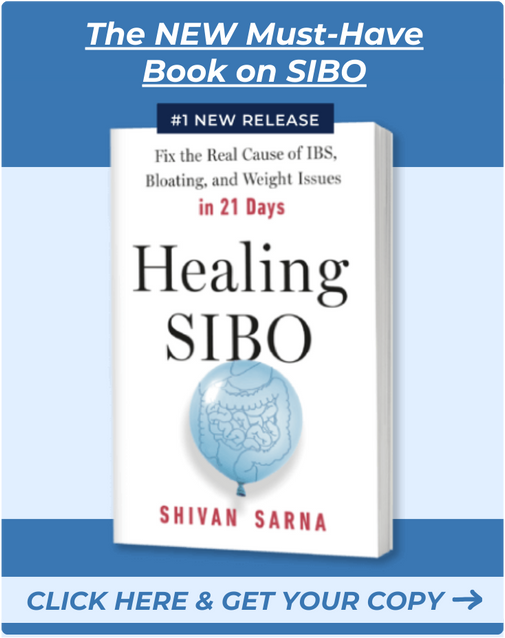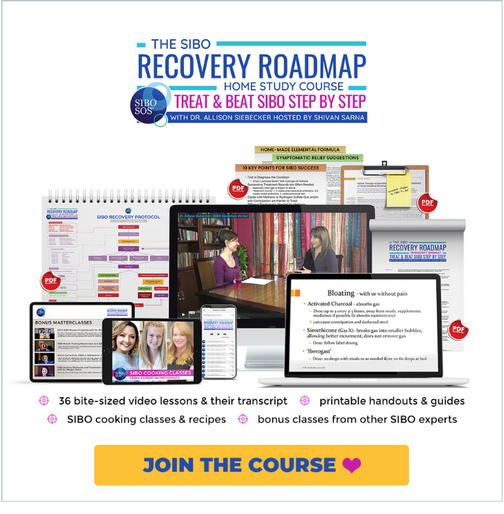Our liver is our most overworked and underrated organ.
It’s always had a “tough job” of cleaning up the messes in our bodies… but in the modern environment, the liver often has to work overtime!
The world is a very different place today than it was even when my parents were kids…
- More air, water, and soil pollution
- Contamination in food, household, and beauty items
- Prescriptions meds contaminating our water
- Ultra-processed foods have become the norm
Yikes!
But it’s not all doom and gloom!
Luckily, our liver is specially designed to help clean up this mess! But what happens when the liver is overburdened? That’s what I want to talk about today.
Why I Love My Liver
Your liver is the largest internal organ (weighing in at about 3 pounds) — and the reason it’s so big is because it’s involved in over 500 bodily functions.
The liver is the “filtration” system for your body. Blood from the digestive tract filters through the liver. The liver also detoxes anything you’ve ingested that could be toxic – pesticide residue, alcohol, medication, and more.
And the liver has other jobs too – it also creates bile (which is stored and concentrated in the gallbladder) and makes proteins that are important throughout the body.
You can’t live without a liver and it’s the 2nd most common transplanted organ (right behind kidneys).
The Modern World Doesn’t Love Your Liver
There have always been toxins that needed to be filtered out by the liver – but never to the extent we see today, according to Dr. Gurevich.
“If we lived back before technology and back before processed foods, the liver would have to be processing some of “this and some of that” but not nearly the degree that it’s processing right now,” she told me.
That means the liver is working overtime… and that can lead to changes in the liver over time.
“The older you get, the more that the liver is processing, the more likely it is to get fatty changes, which is basically an inflammatory process.,” Dr. Gurevich said.
And that brings us to a really important topic: fatty liver disease.
Fatty Liver Disease Is An Epidemic
Fatty liver disease occurs when fatty deposits form on the liver as a result of inflammation.
It’s associated with alcoholism… but can also occur in non-drinkers and is then called non-alcoholic fatty liver disease (NAFLD).
Current stats suggest 1 in 3 Americans has fatty liver disease! (And many don’t know it.)
It’s also the most common cause of liver disease in the U.S. (aside from alcohol and hepatitis C.)
It’s a precursor to conditions like:
- Heart disease
- Cancer
- Diabetes
- Dementia
- Autoimmune disorders
- Sleep problems
- Chronic fatigue
- Underactive thyroid
- Skin issues
Even more importantly for you and I… fatty liver disease is also associated with Small Intestine Bacterial Overgrowth (SIBO)!
The SIBO-Fatty Liver Connection
According to functional gastroenterologist Dr. Steven Sandberg-Lewis, “There’s a study that just talks about the association between gallbladder disease, especially gallstones, SIBO, metabolic syndrome and fatty liver. These are all associated conditions. For a long time now, we’ve known that SIBO is associated with fatty liver.”
Dr. Sandberg-Lewis has multiple theories for what could be causing the association:
“When you get more of the bacteria in the small bowel, they convert the B vitamin choline into a toxic substance called methylamine. It’s toxic to the kidneys. It causes injury to the heart and arteries. It causes injury to the liver. All these things tend to increase inflammation.
Also, with bacterial overgrowth and yeast overgrowth in the small bowel, you get more production of alcohol, endogenous ethanol production, sometimes called Auto Brewery Syndrome. So bacteria and yeast can produce alcohol in the gut. And that’s where you absorb alcohol, in the small intestine. So, when you’re producing even smaller amounts, it can have major effects.”
But he has one other theory, too:
“Also, we know that when you have certain types of bacterial overgrown in SIBO, what are called the gram-negative, they produce a lot of what’s called lipopolysaccharides or LPS which is also toxic to your kidneys, liver, to your cardiovascular system. And it’s a major provocation of inflammation.
In fact, often, when they’re trying to create sepsis or septic shock in mice in a research study, they’ll just give them an injection of lipopolysaccharide, and it’ll put them into septic shock.
Lower amounts I think are really important in many diseases and chronic liver, kidney and heart disease. And it starts in the gut with LPS from bacteria that are overgrown.”
While we don’t know the exact reasons SIBO and fatty liver are related, the association is obviously here… and that means people with SIBO need to be especially aware of liver health.
Learn More About Healing Fatty Liver
Obviously, getting SIBO under control is an important step for liver health long-term – that’s why I’m always available to share as many resources as I can on healing from SIBO!
But there’s also a lot to learn about the liver, and that’s not my area of expertise. Luckily, my friend my friend Jonathan Landsman IS a liver health expert and he wants to share what he knows with all of us!
>> Own the Liver and Gallbladder SOS & Rescue Summit
By attending this 100% free, online event you will:
- Understand the health complications of a fatty liver … that will forever change the way you view your lifestyle
- Get a detailed list of toxins that damage your liver … and trigger a wide variety of health problems
- Learn about the best natural therapies to regenerate your liver … featuring the latest medical breakthroughs
- Discover the link between liver disorders and autoimmune conditions … and how you can fix these problems naturally
- Understand why “the usual” liver enzyme tests are not enough … and, what you need to know BEFORE you experience a health crisis
- Learn why having 2 (or more) kids places an extra burden on the liver … what mothers everywhere need to know
Check out this amazing line-up of speakers and topics >>
This is such an important topic for us SIBO sufferers.. I hope you’ll take the time to watch!












